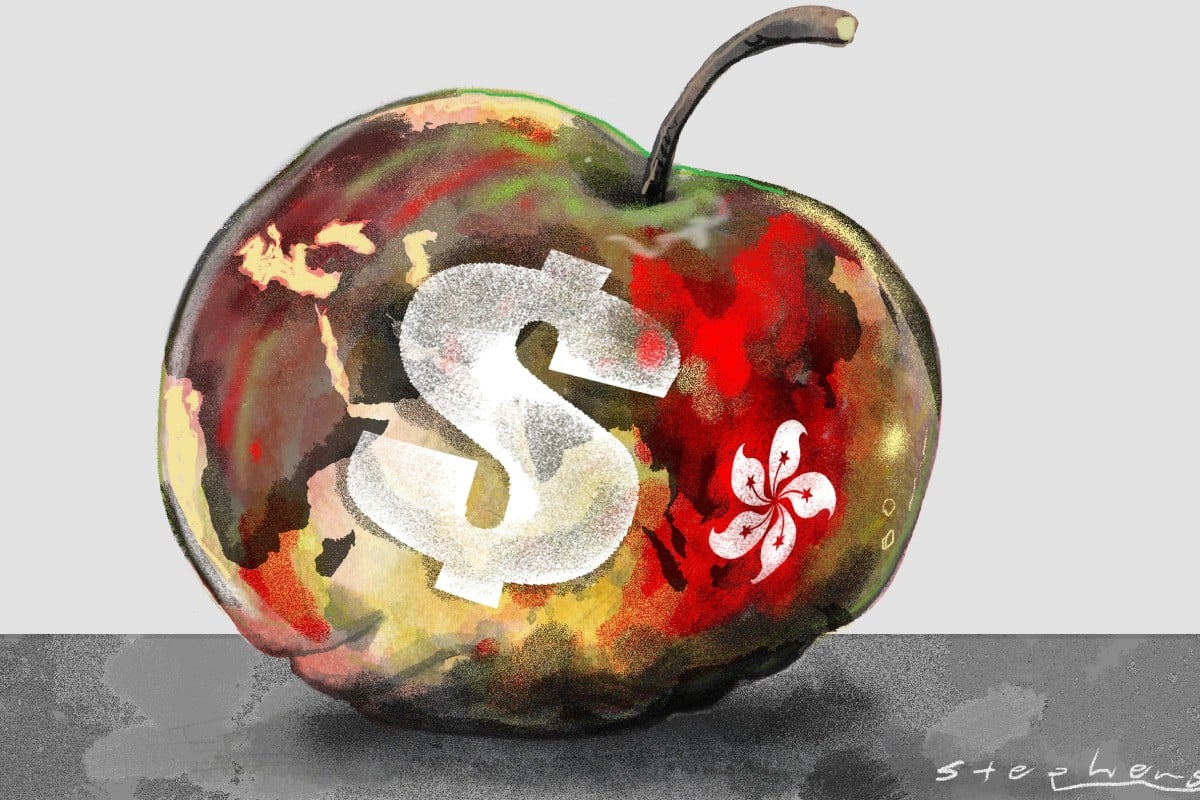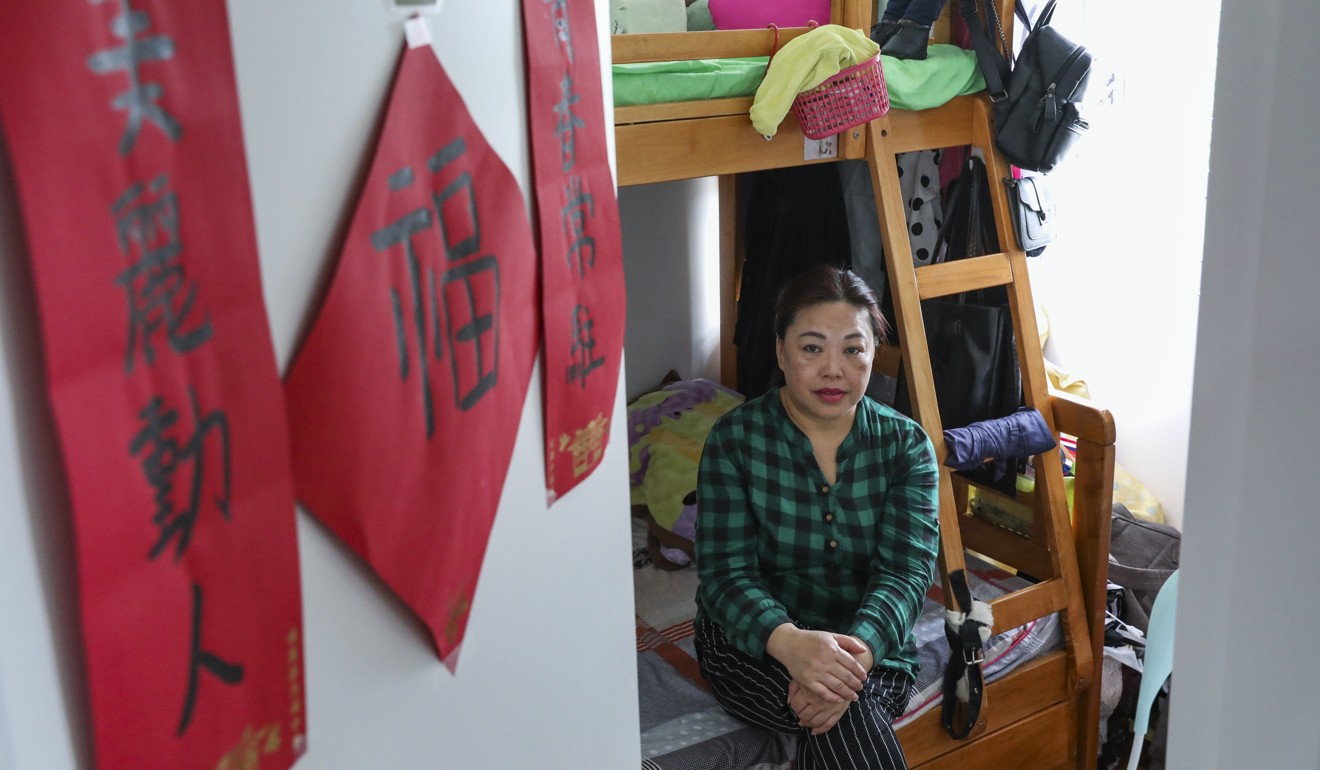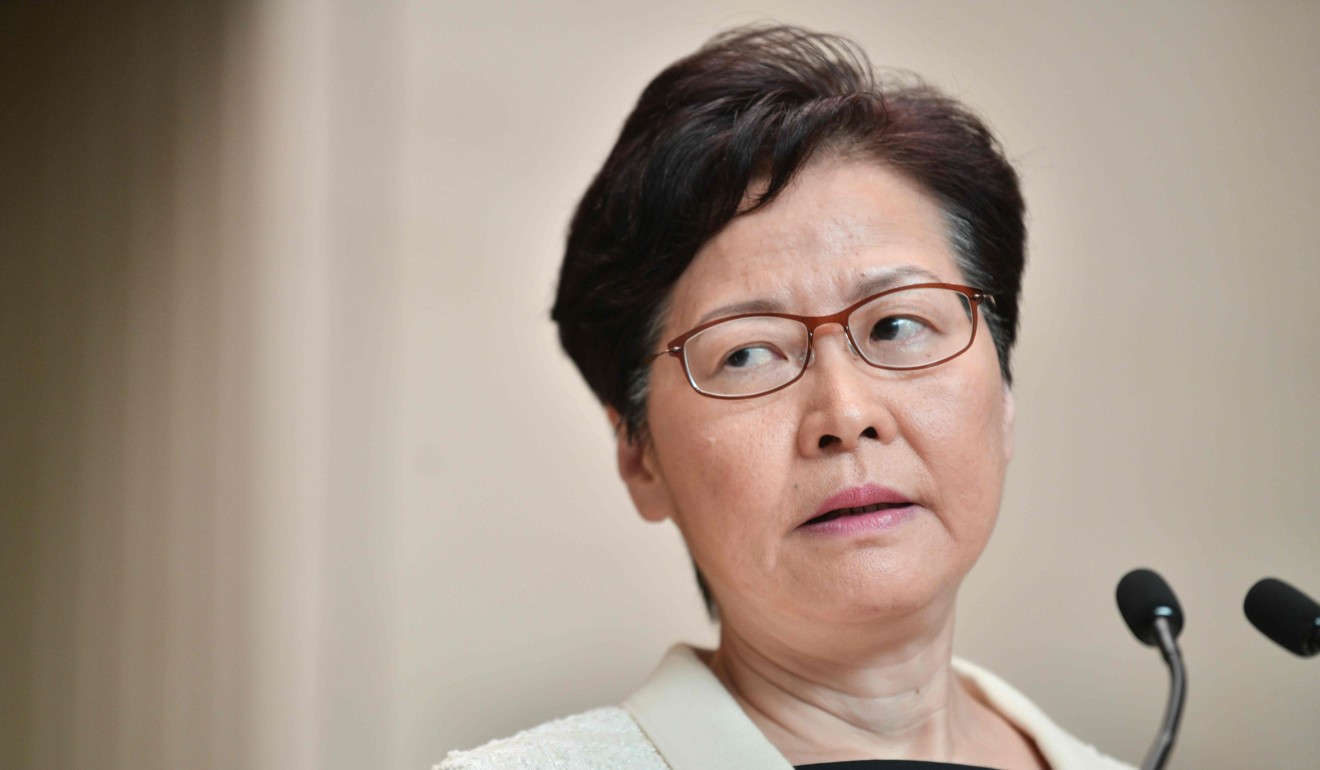 While Hong Kong is embroiled in unprecedented social and political upheaval, a silent revolution is unfolding in the capitalist heartland of the world. Last month, 181 CEOs of major US corporations (including Apple, JP Morgan Chase, Amazon, Walmart and Johnson & Johnson) released a
While Hong Kong is embroiled in unprecedented social and political upheaval, a silent revolution is unfolding in the capitalist heartland of the world. Last month, 181 CEOs of major US corporations (including Apple, JP Morgan Chase, Amazon, Walmart and Johnson & Johnson) released a
joint statement through the Business Roundtable, redefining the purpose of a corporation.
This is a significant milestone in the evolution of global capitalism. And it has a close connection to Hong Kong, via the late Nobel laureate Milton Friedman: the statement is a direct abandonment of the long-held notion by Friedman that businesses’ sole responsibility is to generate profit for shareholders.
In 1997, the Business Roundtable issued a statement endorsing “principles of shareholder primacy – that corporations exist principally to serve shareholders”. The new statement, instead, offers a “modern standard of corporate responsibility” serving all stakeholders.
This transition from “shareholder capitalism” to “stakeholder capitalism” is more than semantics.
For a long time, shareholder capitalism has been the unquestioned dogma of businessowners and management, and has shaped their decisions.
The lopsided emphasis on maximising profits has been responsible for a disproportionate share of social, environmental and political problems in contemporary society – notably, extreme economic inequality, distortion of human needs, environmental destruction and climate change, corporate tax evasion and, above all, the integration of economic power with political power.
Friedman was famous for another observation – that Hong Kong was the world’s freest market economy, worthy of global emulation. “If you want to see capitalism in action,” he said, “go to Hong Kong.”
Friedman pointed out this was possible because Britain had not allowed Hong Kong to become independent. In effect, the Hong Kong “miracle” was a result of the combination of unfettered capitalism and lack of political representation.
The upheaval of the past few months in Hong Kong has seen the implosion of this system.
The post-war years have seen spectacular economic development in Hong Kong. However, the fruits of this development have not been evenly distributed. Like most other capitalist economies,
extreme inequalities have surfaced and continued to deepen – to the point of tearing society apart.
Hong Kong has for a long time had one of the highest
Gini coefficients in the world, rising from 0.533 in 2006 to 0.539 in 2016. The number of poor households reached 530,000, with more than 1.3 million people living in poverty (over 15 per cent of the population).
In May 2018, the total net worth of the wealthiest 21 tycoons amount to HK$1.83 trillion, approximately the same as Hong Kong’s fiscal reserves. But, for low-income workers, real wages have
only increased 12.3 per cent in the past decade.

Wu Xiaoping, 51, is a single mother who lives with her 18-year-old daughter in community housing at World Fair Court, Wah Fu. Behind Hong Kong’s veneer as an international financial hub, people are struggling, especially with sky-high housing costs. Photo: Nora Tam
Property prices
have soared to a level that is totally out of reach for most people, especially the younger generation. In a city in which seven out of the 10 richest people are in the real estate business, financial assets are the major source of income polarisation.
Chief Executive Carrie Lam Cheng Yuet-ngor has characterised the protesters as having “
no stake” in society. This was more than a slip of the tongue. Many feel they have little to lose and are unlikely to do better in the future. They are losing hope in the administration, the forces that back it and their own prospects of a better life.
Hong Kong’s case is special in that its government is not accountable to the populace; Lam was “elected” by a 1,200-strong committee and is expected to follow Beijing’s line.

Hong Kong Chief Executive Carrie Lam speaks to the media during her weekly press conference on September 3. Photo: AFP
To this extent, Hong Kong’s case is perhaps unique. But, on a deeper level, the city faces the same set of fundamental challenges, including: that most businesses still operate in a shareholder primacy mindset; maximising profits is the supreme goal; wages are suppressed and unionisation is discouraged, and; disparities in income and wealth are growing.
These same issues plague the capitalist West. Because of the presence of a nominal democratic system, some of the mass revolt has found expression in outcomes such as Brexit and the election of Donald Trump as US president, as well as the Yellow Vest movement in France. But the challenges are becoming more intractable by the day.
That’s why the Hong Kong meltdown may just be the tip of the iceberg.
It is sad to think what may become of Hong Kong’s young protesters in 10 or 20 years. One thing is certain: their fate is bound up with the fate of “capitalist” development in China, which is also heading towards a major crisis.
There is a huge amount of repressed unrest on the mainland; it is just not visible because of the powerful social control mechanisms in place: China’s budget for maintaining social stability is already greater than its defence budget and it is still growing.
The stakes are high not only for Hong Kong and China, but for the world as a whole. All this points to the urgency of reinventing capitalism. The Business Roundtable statement may prove to be a turning point. But we need action on a massive scale by businesses across the globe.
No comments:
Post a Comment